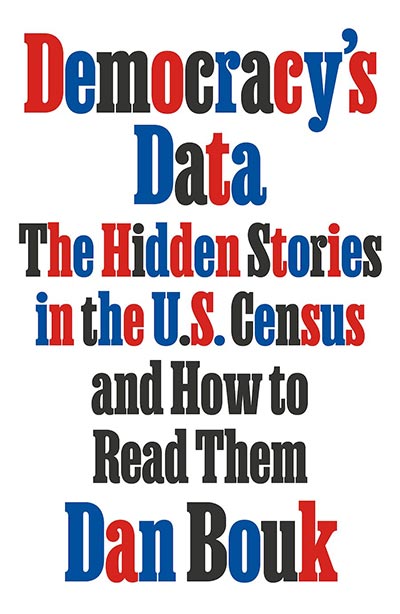In Democracy’s Data, author Dan Bouk digs into the evolution of the census and the U.S. government’s process for deciding how to turn the people living in the U.S. into data points.
The government’s intentional omissions (for example, removing the category “Mexican” as a response option, which effectively erased the entire Mexican American population from historic records) are as important as the additions, like adding “partner” as a response option to describe how two adults in a household were related.
Alexandra Jacobs of The New York Times called the book “endearingly nerdy.” Frankly, we can’t think of a bigger compliment. If someone called those of us at LRA “endearingly nerdy,” we’d be pretty darn pleased. (Heck, it’s what inspired the name of this newsletter.)
We love the history and the detail in this book, but more than anything, we love how it brings to life a philosophy around data and data collection that we strive to acknowledge in every study we conduct at LRA.
In our view, data is not entirely objective. Every data point collected and described is the result of dozens (and sometimes hundreds) of decisions made by imperfect humans rife with their own biases and ideas about what is and isn’t important.





